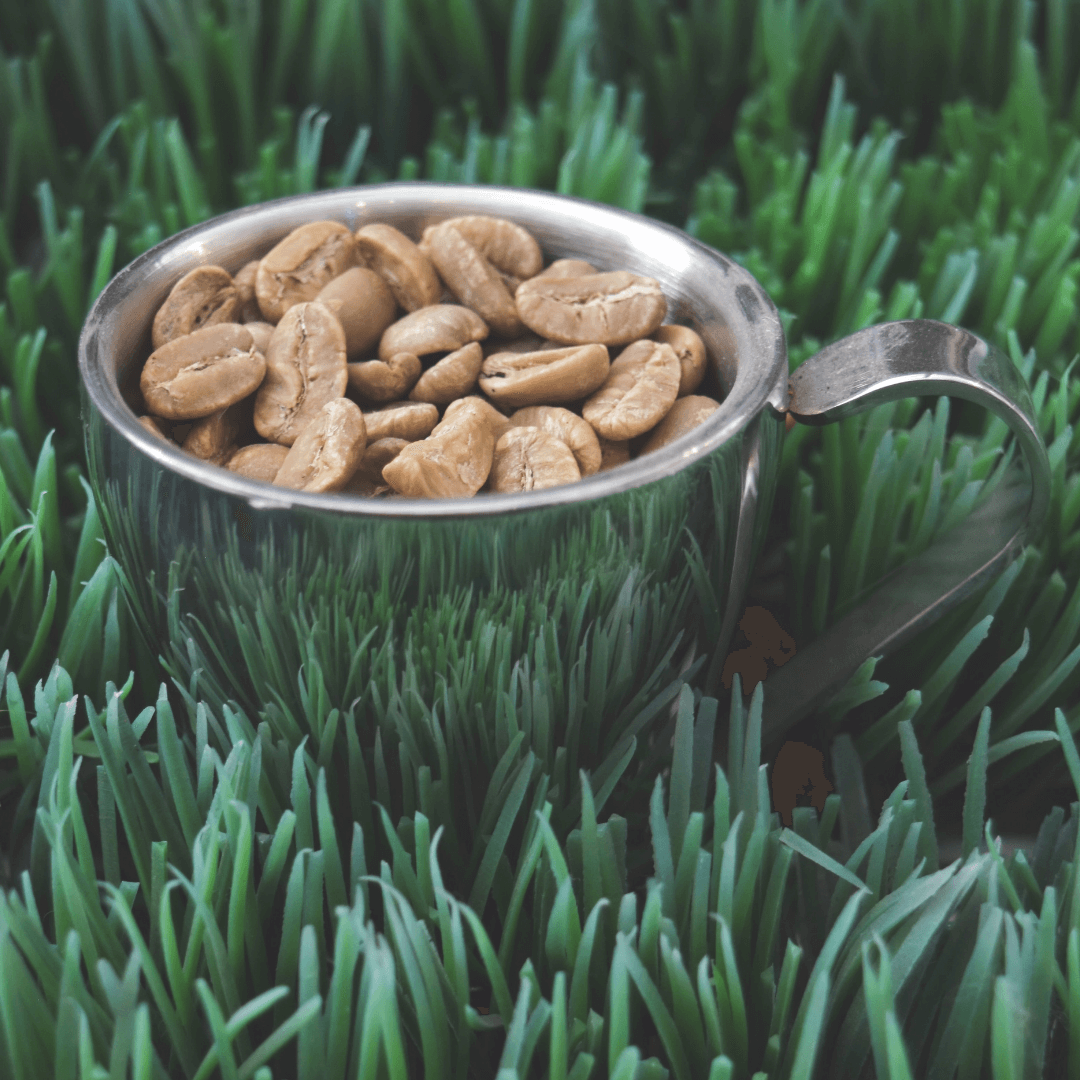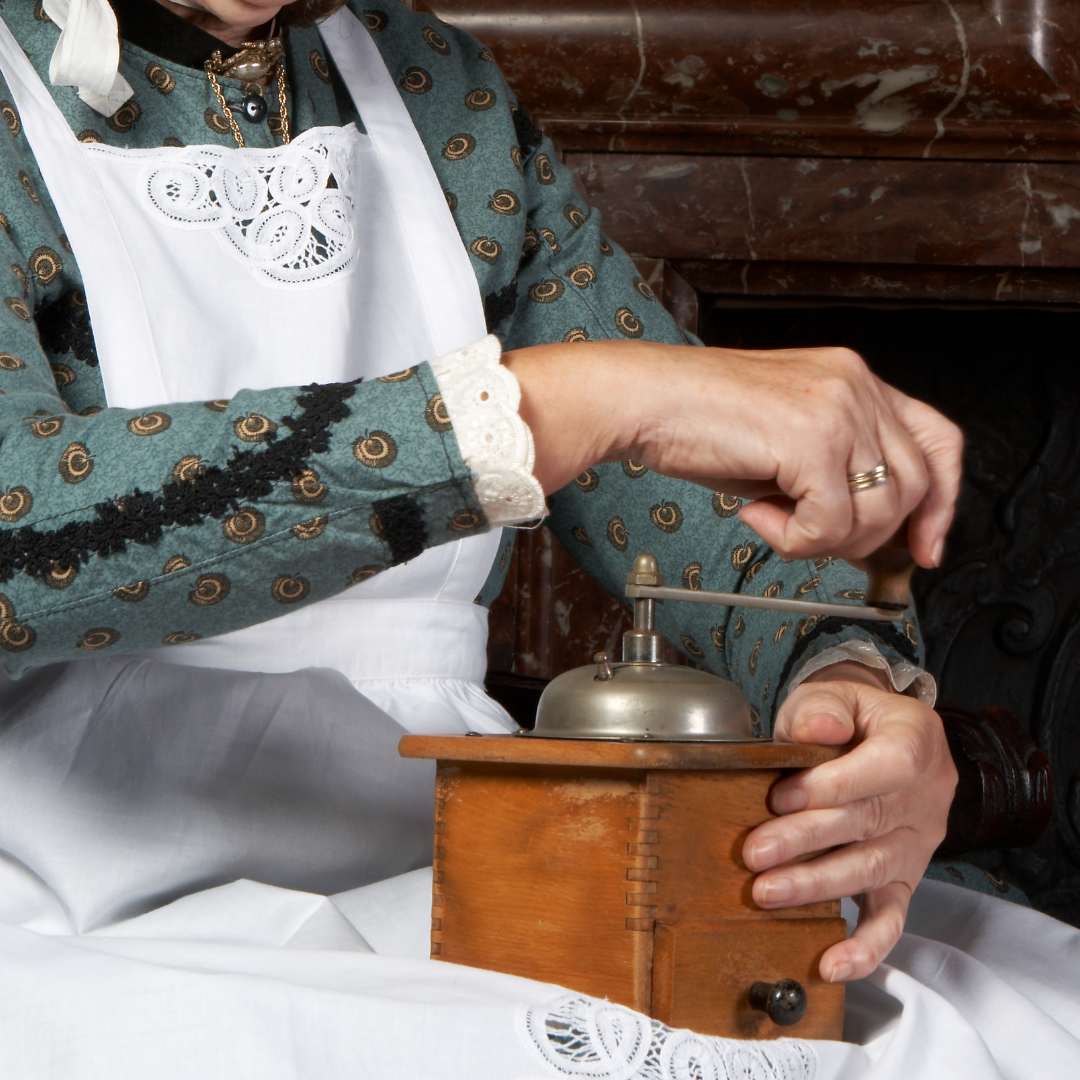
Coffee myths
Coffee, one of the world's most widely consumed beverages, is often shrouded in mystery and misunderstanding. In this article, we address and clarify some of the coffee industry's most widespread myths to help you better understand what you're drinking. We could do several articles on the many myths we've been hearing since 1996, but let's start with 5 coffee myths.
Myth 1: "The stronger it is, the more caffeine it contains".
FALSE: This is the false belief we hear most often, and yet your palate plays tricks on you. The "strength" of coffee is often confused with its caffeine content. In reality, a stronger coffee is generally the result of more thorough roasting or a higher coffee-to-water ratio during preparation. Curiously, a lighter roast may contain slightly more caffeine, as the longer roast degrades the caffeine a little.
Myth 2: Coffee is bad for you
FALSE: Coffee has been unfairly demonized in the past. However, recent research suggests that coffee may offer several health benefits, including protection against various diseases such as type 2 diabetes, certain neurodegenerative diseases, and even some cancers. Of course, it must be consumed in moderation, as overconsumption can lead to undesirable side effects as with everything.
Myth 3: Decaffeinated coffee contains dangerous chemicals
FALSE at Café Castelo: Although some decaffeination methods use chemical solvents, there are techniques that use entirely natural processes such as water or CO2. These methods are completely safe and leave no harmful residue in the coffee. Café Castelo is committed to providing decaffeinated options that use these safer, more natural methods (Swiss water method).
Myth 5: Coffee harms the environment
TRUE & FALSE: The environmental impact of coffee varies considerably according to cultivation and production methods. Coffee growing can be resource-intensive and destructive if not properly managed. Most people are unaware that the most polluting part of the coffee life cycle is agriculture. People give a lot of importance to packaging, which is very important, but agriculture accounts for up to 80% of greenhouse gas emissions. This is the WHY behind our innovation, the Universal Grind, which uses up to 50% less coffee per infusion. It's a major reduction in pollution throughout the coffee life cycle. Café Castelo is committed to using practices that respect the environment, reaffirming our responsibility to the planet.
The world of coffee is complex and fascinating, with much more to offer than the myths might suggest. By choosing products like those from Café Castelo, you're not only enjoying excellent coffee, you're also contributing to a more sustainable industry. We hope this article has enlightened you on some of the common misunderstandings and encourages you to make informed choices as a coffee consumer.


1 comment
you make the best coffee thank you very much
nathalie gauvreau
Leave a comment
This site is protected by hCaptcha, and hCaptcha's Privacy Policy and Terms of Service apply.